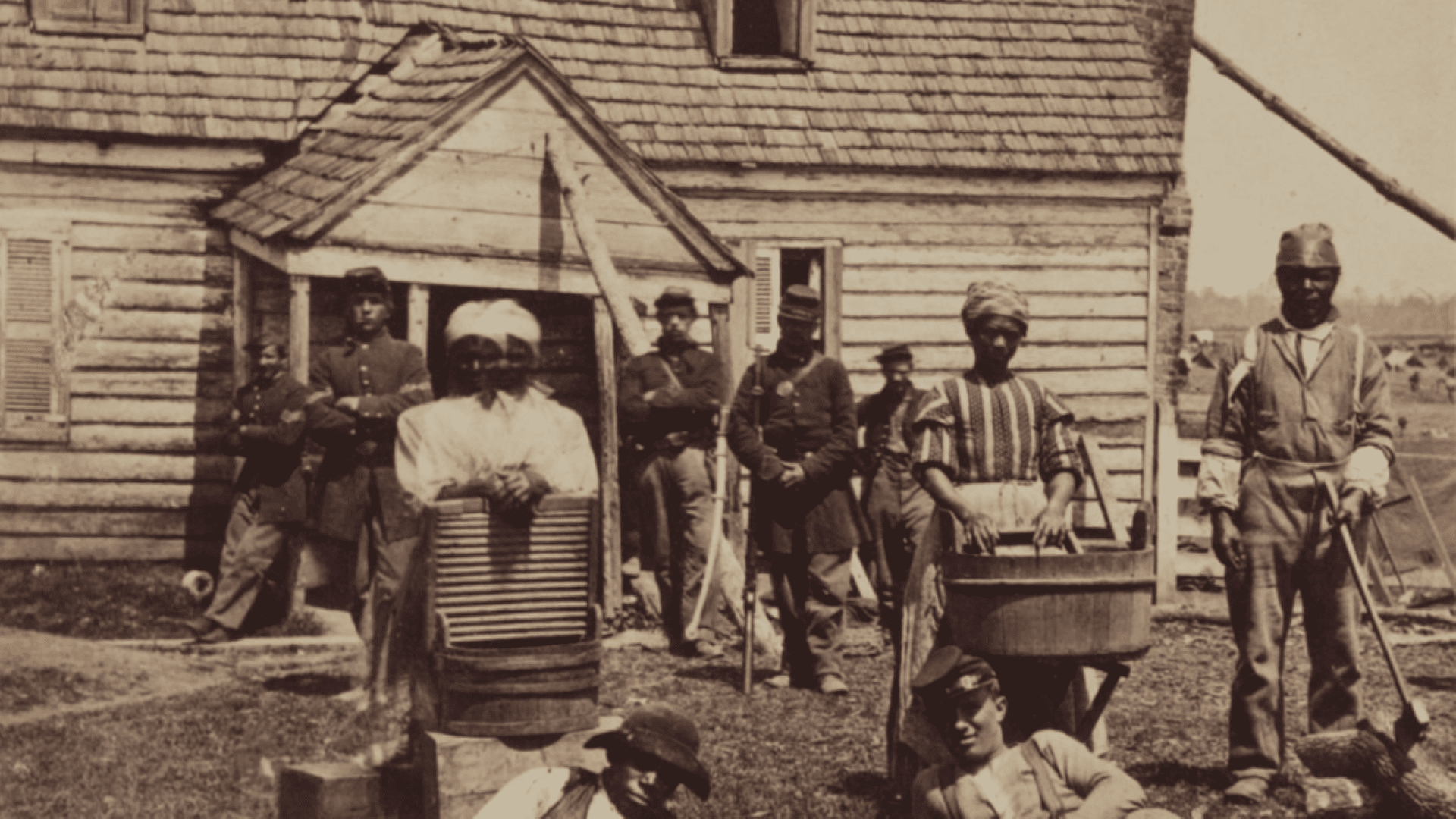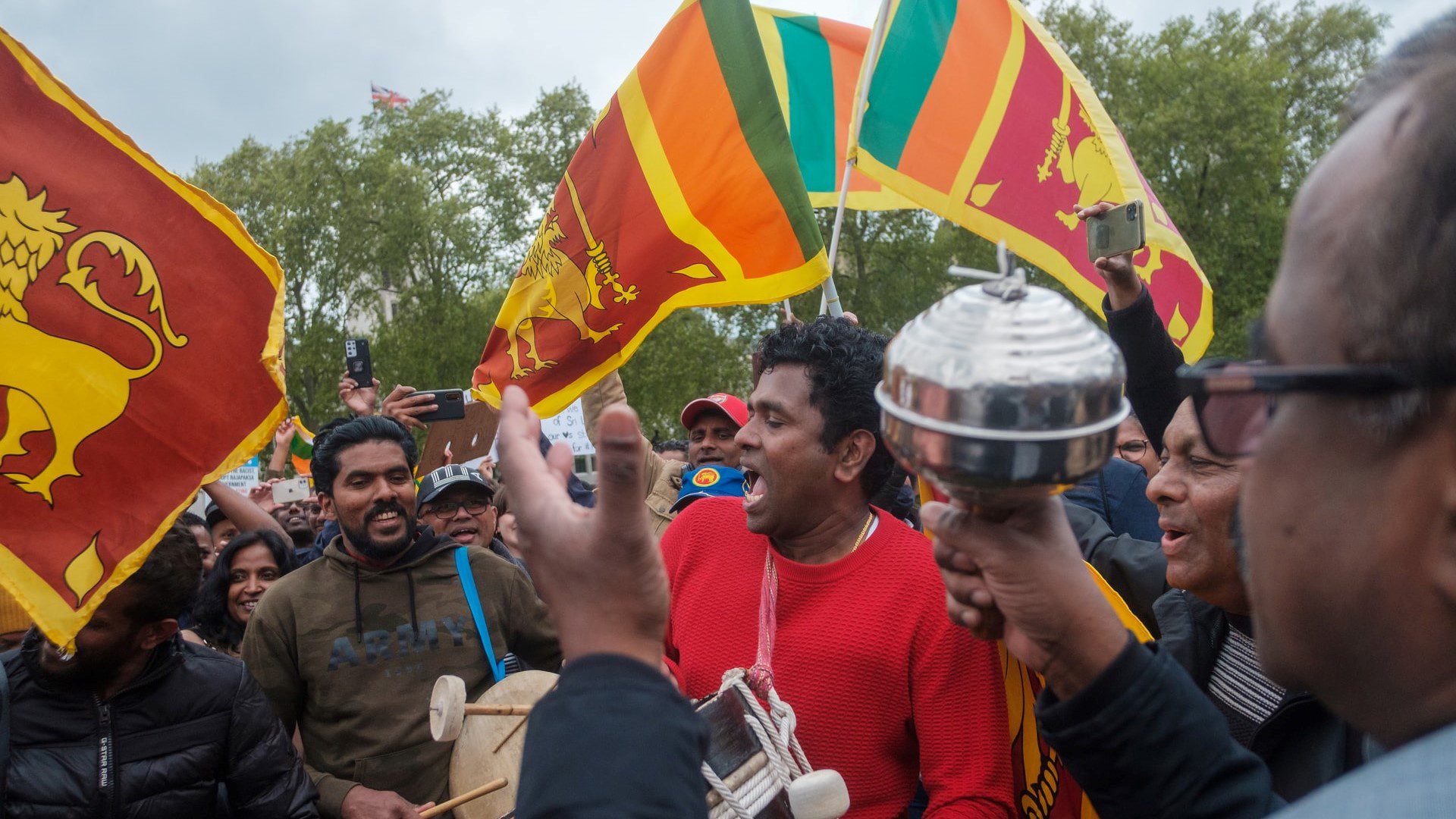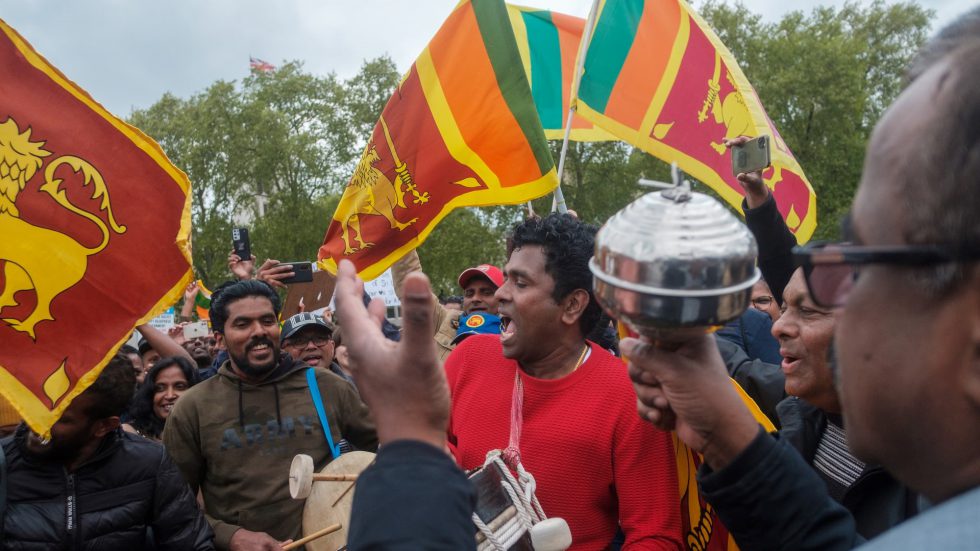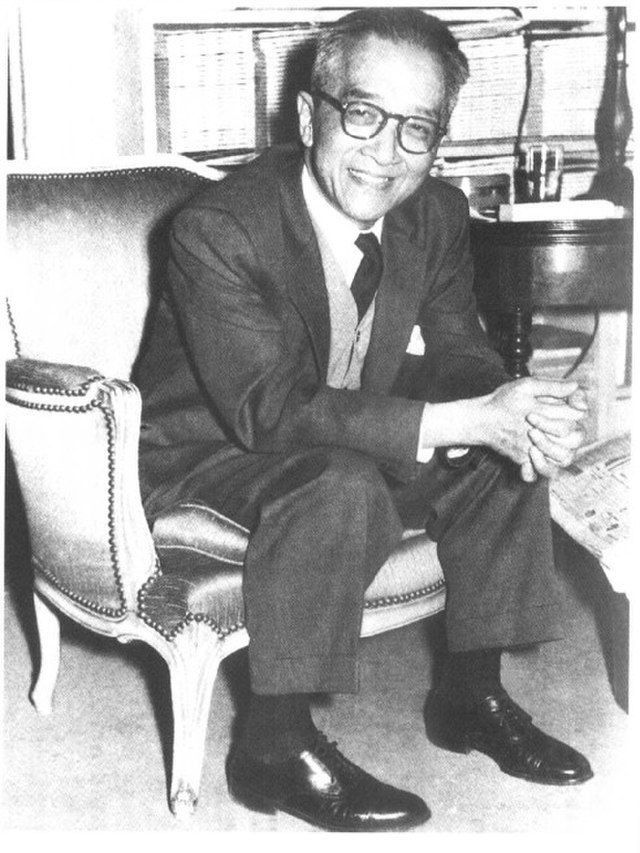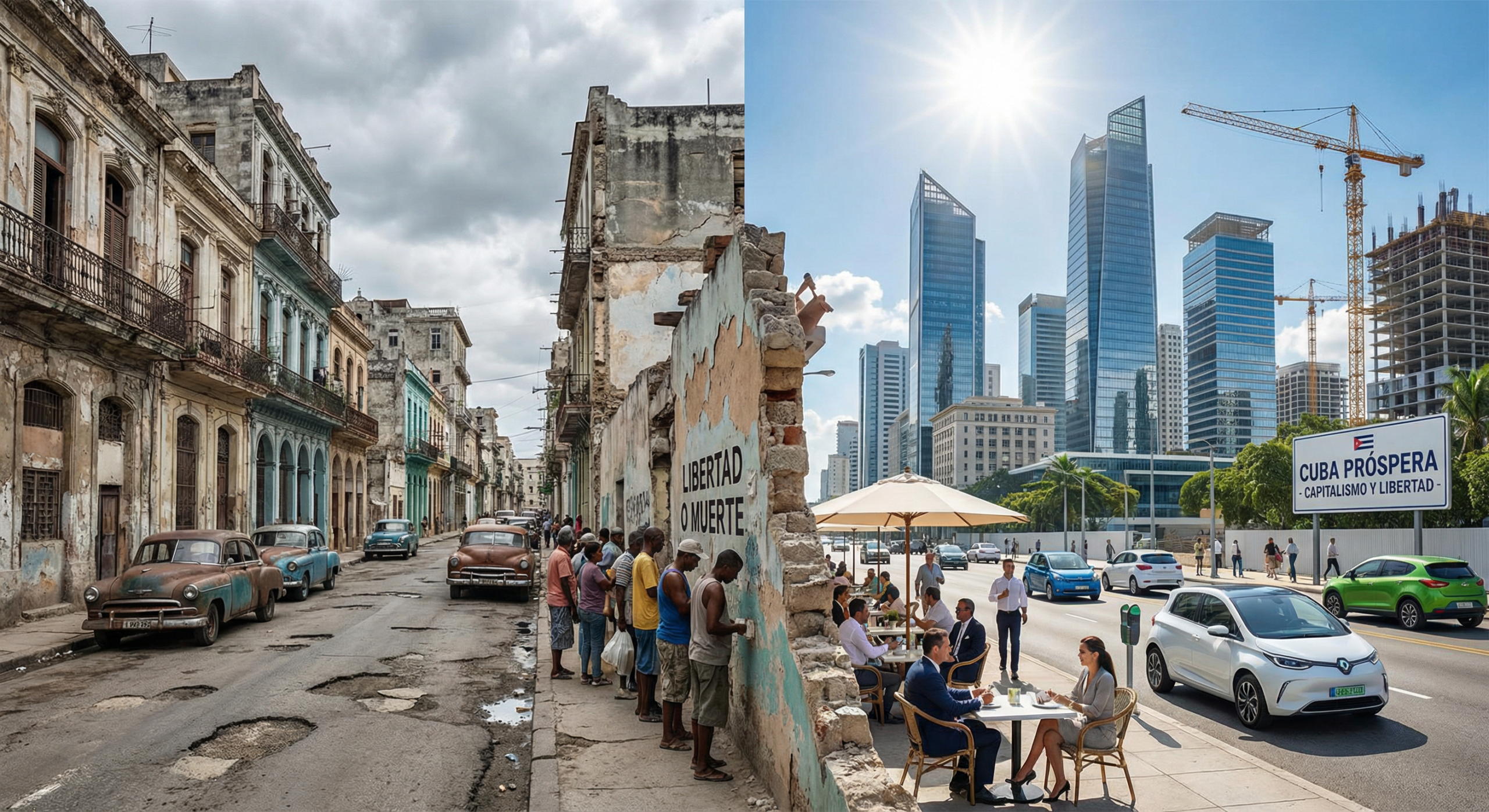Property rights are key for a free society. Since they set out what belongs to whom, they are the foundation for human freedom. Property norms tell us who can do what, with what, and to whom. When securely guaranteed, property rights offer a basis (if not the best basis) for predictability and stability.
As social scientists repeatedly document, property rights thus lay the groundwork for progress and innovation—and these rights, therefore, aren’t just limited to the economic sphere. Because they provide for material, spiritual, and social growth, they pervade our moral code as well.
Property rights work best in an ideal world
Of course, when social theorists talk about property rights, it’s cleanest for them to imagine that everyone has what they should have. This is an example of what some people call “ideal theory:” we design theories after supposing that everyone complies with what justice demands.
But the world is far from ideal
The pages of the books of human history are gruesome: there are tales of massive expropriation, slavery, wholesale slaughter, and genocide.
This matters because history matters. It matters to people who suffered and sometimes still suffer from such depredations.
And if we are honestly committed to living justly, it should matter to each one of us.
Property rights can help us sort out the sordid past
Fortunately, property rights also provide us with a basis for making good on past wrongs. If one person violates another’s claim, she should make the victim whole by returning the property she took.
This is all pretty straightforward when dealing with small and medium-sized goods that are easily transferred from an identifiable transgressor to an identifiable victim regarding an identifiable loss. However, things become more complicated when it’s unclear who did what to whom or who owes what to whom—and it’s especially difficult in cases of historic injustice which typically involves one group subjugating another over generations. It also typically involves abuse of state power.
Can reparations become steps toward moral repair in these situations?
Righting past wrongs makes a lot of people nervous
Our increasingly globalized world looks to the past with unease. Talk of “reparations” for historic injustice understandably concerns some people:
- If property holdings are vulnerable to reshuffling because of reparations claims, some see threats to the very basis of civil society.
- For property rights to count for anything, they should present very stringent prohibitions on what others may do.
- If people start digging through the past to challenge current property claims, it may seem to challenge the security that is necessary for growth and prosperity.
And yet, if what’s ours is legitimately ours, our claims should withstand these sorts of inquiries.
History is so complicated, it might seem easier to just “forgive and forget”
Consider a caricature of a rejoinder to reparations claims for African chattel slavery or abuses suffered by indigenous populations: “My great-grandparents got off the boat from Europe in [insert a date from long ago]. They never owned slaves or marched Indians to death. My family worked hard for their land and their business. The past is the past. We should let bygones be bygones and move on.”
History contains plenty of injustice. None of us has immaculate origins. This complicates proper claims even as it complicates claims for reparations. Current generations might not be able to claim “damages” for slavery (for instance) since, on a fundamental level, their existence depends on the injustice. You cannot claim to have been harmed by something that made it possible for you to come to be. The same is often true for descendants of many people who fled tyrants.
There are many people today who owe their existence to the Norman conquest. Much of America was made possible through expropriating the lands of native tribes. Tribal histories are often morally complicated, as well. It is tempting to turn away from the past and resolve to do better in the future.
Some people, however, really can’t move on
Many descendants of victims of historic injustice have not been able to “move on” as they might have hoped because they belong to groups that were and still are systematically marginalized from social, economic, and political goods.
Families in their communities were denied the chance to accumulate social, political, and economic capital and pass it on to successive generations. Social and political institutions do not show benign neglect of previously oppressed minorities.
All of us owe it to ourselves to come to terms with the past
The past also helps us understand the legitimacy of the claims we stake now—and for being able to live among others on mutually acceptable terms.
This is how the past can help to shape the present and future.
Making good on past injustices doesn’t always follow the same formula
A call for reckoning with the past is not necessarily a call to redistribute some or all wealth. It may be a demand that people acknowledge the past as a way of affirming shared values.
And of course, the past is not a book we all read the same way. Much now depends on what people can find mutually acceptable terms of living among one another. What this might involve is not something for which there is a tidy recipe. It may be an invitation to experiments in moral repair. Among the ingredients for reparations might be public apology, commemoration, memorialization, curricular reform, and in some cases, perhaps some compensation.
Different communities may find that different things work. Look at the variety of experiments such as those with the Truth and Reconciliation Commissions in South Africa, Gacaca tribunals in Rwanda, National Sorry Day in Australia, and restitution of misappropriated artifacts from WWII.
Unfortunately, though, people will sometimes not be able to find a mutually acceptable solution. This may be a tragedy that only time can fade. Other times, however, people may experiment with new norms and institutions to grapple with the past and allow everyone to move on with their lives in a way that acknowledges legitimate claims and affirms shared values.
This is what honestly reckoning with the past can do: it can validate claims amidst controversy and permit people with different views to live fruitfully among one another. This is a vital part of living with integrity among persons with whom we share mutual respect.
To read more about human rights, be sure to check out our cluster page by clicking on the button below.
This article was originally published on the Learn Liberty blog.
This piece solely expresses the opinion of the author and not necessarily the organization as a whole. Students For Liberty is committed to facilitating a broad dialogue for liberty, representing a variety of opinions.
